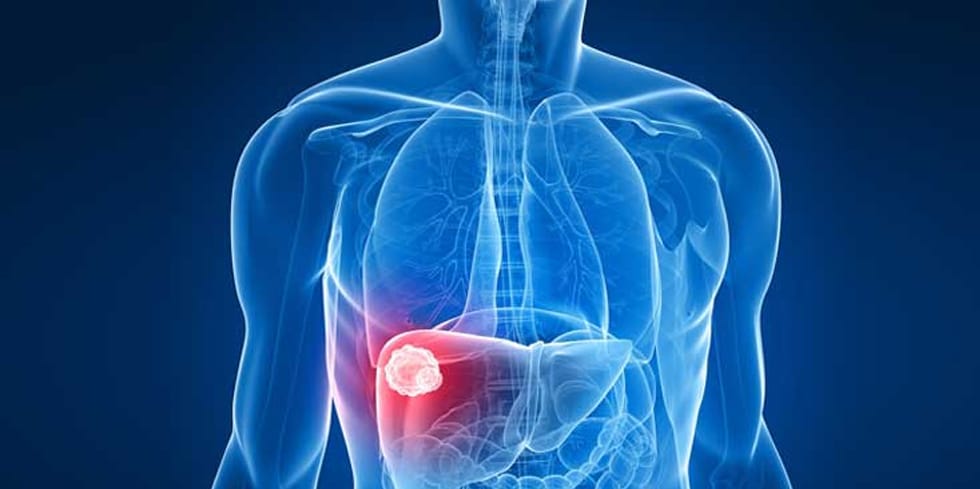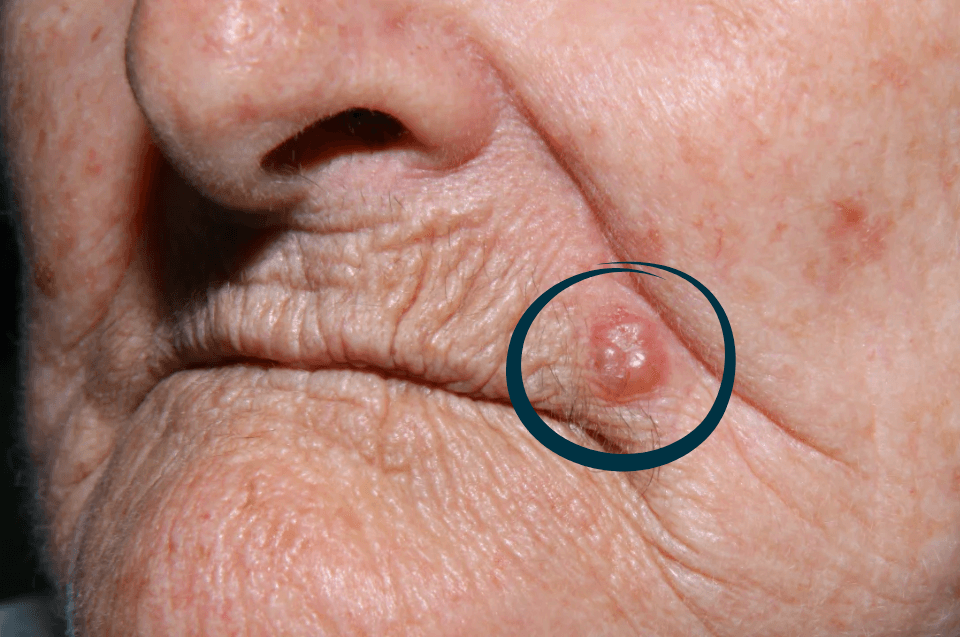Hepatitis A is a viral infection that affects the liver and, although generally considered a milder form of hepatitis, it can cause major concern when outbreaks occur in populations. The disease is transmitted mainly through the ingestion of contaminated water or food and is common in areas with poor sanitation. Unlike other viral hepatitis infections, hepatitis A does not progress to chronic forms, but it can cause uncomfortable symptoms and require rest during recovery.
What is Hepatitis A?
Hepatitis A is an infectious disease caused by the hepatitis A virus (HAV). Once inside the body, the virus causes inflammation of the liver, temporarily impairing the function of this essential organ. The liver is responsible for vital functions such as filtering toxins, producing proteins, and metabolizing fats and carbohydrates.
Although self-limiting in most cases, hepatitis A can pose risks for people with pre-existing liver diseases, the elderly, or individuals with weakened immune systems.
How is Hepatitis A Transmitted?
The hepatitis A virus is transmitted mainly through the fecal-oral route, meaning by ingesting water or food contaminated with feces containing the virus. The main forms of transmission include:
Drinking untreated water
Eating raw or poorly washed foods, such as vegetables, fruits, and seafood
Direct contact with infected individuals, especially in unhygienic environments
Sexual practices involving oral-anal contact
Unlike hepatitis B and C, hepatitis A is not transmitted through blood and does not develop into chronic infection.
Symptoms of Hepatitis A
The incubation period of the virus ranges from 15 to 50 days. In many cases, infection may be asymptomatic, especially in children. When symptoms do appear, they may include:
Intense fatigue and weakness
Nausea, vomiting, and loss of appetite
Abdominal pain, mainly in the upper right side
Low-grade fever
Dark urine (choluria)
Pale stools (acholic stools)
Yellowing of the skin and eyes (jaundice)
Symptoms may last from two to eight weeks, and full recovery usually occurs without complications.
Diagnosis of Hepatitis A
Diagnosis is made through blood tests that detect specific antibodies against the hepatitis A virus (anti-HAV IgM for acute infection and anti-HAV IgG for acquired immunity). The doctor may also request liver function tests, which assess enzyme levels in the liver.
Treatment of Hepatitis A
There is no specific antiviral treatment for hepatitis A. Management is based on supportive care, such as:
Rest during the symptomatic phase
Balanced diet, avoiding fatty foods
Adequate hydration
Avoiding alcohol and medications that may overload the liver
In most cases, the body eliminates the virus on its own, and patients recover completely. Severe cases that progress to acute liver failure are rare but may require hospitalization.
Prevention of Hepatitis A
The best way to prevent hepatitis A is vaccination, which is highly effective and safe. The hepatitis A vaccine is part of the immunization schedule in many countries and is especially recommended for children, travelers to endemic areas, healthcare workers, and people with chronic liver disease.
Other preventive measures include:
Washing hands thoroughly before meals and after using the bathroom
Drinking filtered or boiled water
Properly washing fruits and vegetables
Avoiding raw foods of uncertain origin, such as oysters and shellfish
Curiosities, Myths, and Scientific Advances About Hepatitis A
Myth: “Hepatitis A is always severe.”
In reality, most cases are self-limiting and mild. Only rarely does it progress to more serious forms.Curiosity: People who have had hepatitis A develop lifelong immunity, as the body produces permanent antibodies against the virus.
Scientific advance: Recent research reinforces the effectiveness of vaccination in mass immunization campaigns, especially in regions with recurrent outbreaks. Immunity acquired after vaccination can last for decades, making it one of the most effective public health measures against the disease.



